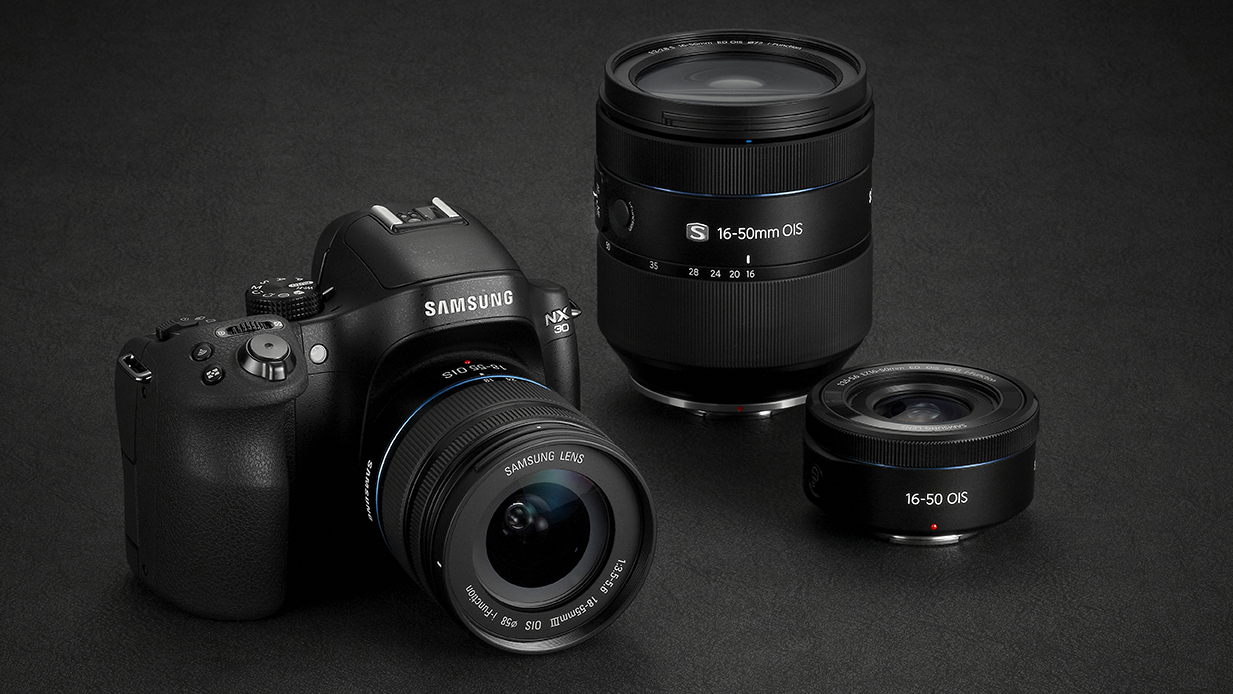Why you can trust TechRadar
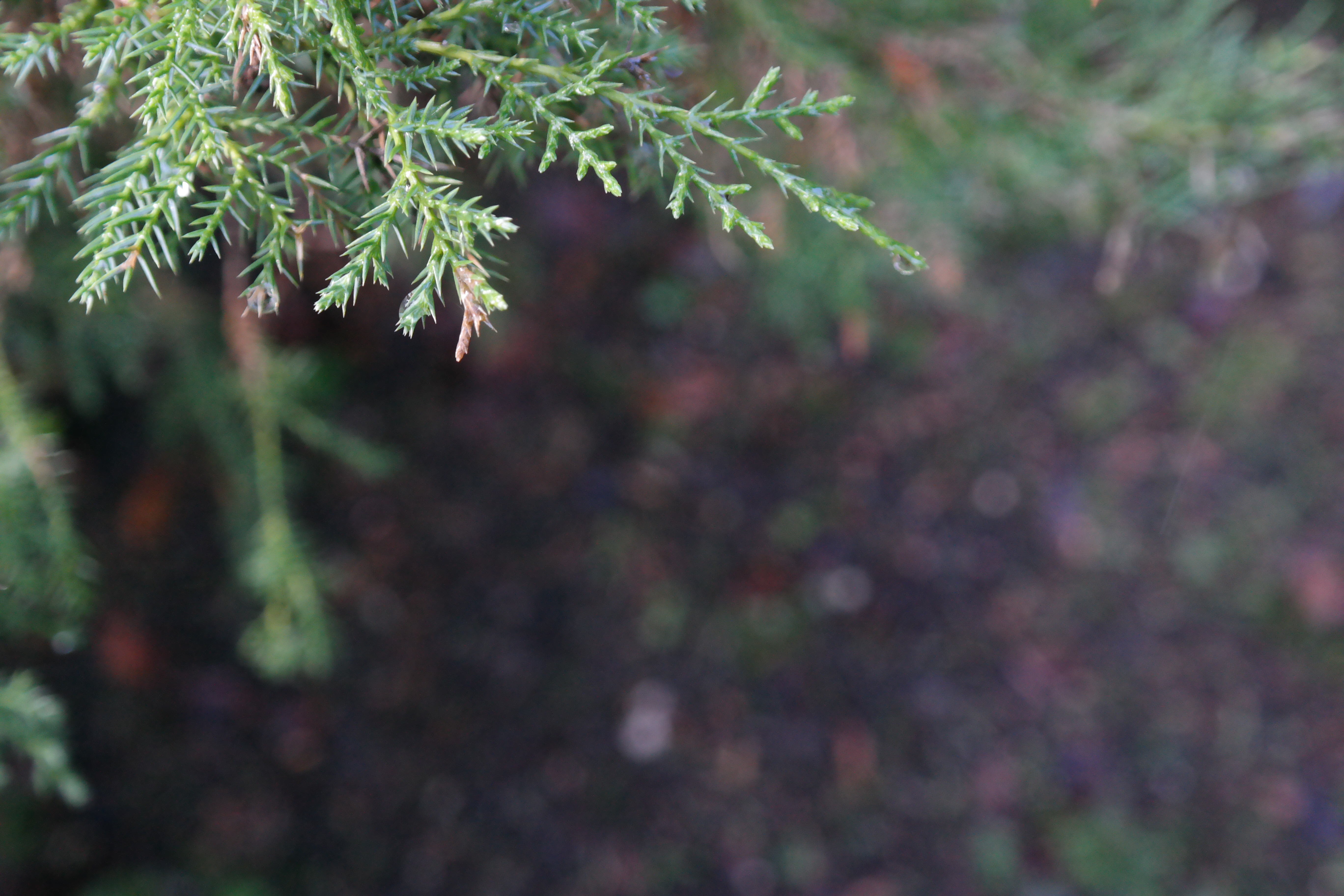
Click here to see full-resolution image.
You can achieve pleasing shallow depth of field images, even while using the 18-55mm f/3.5-5.6 kit lens.
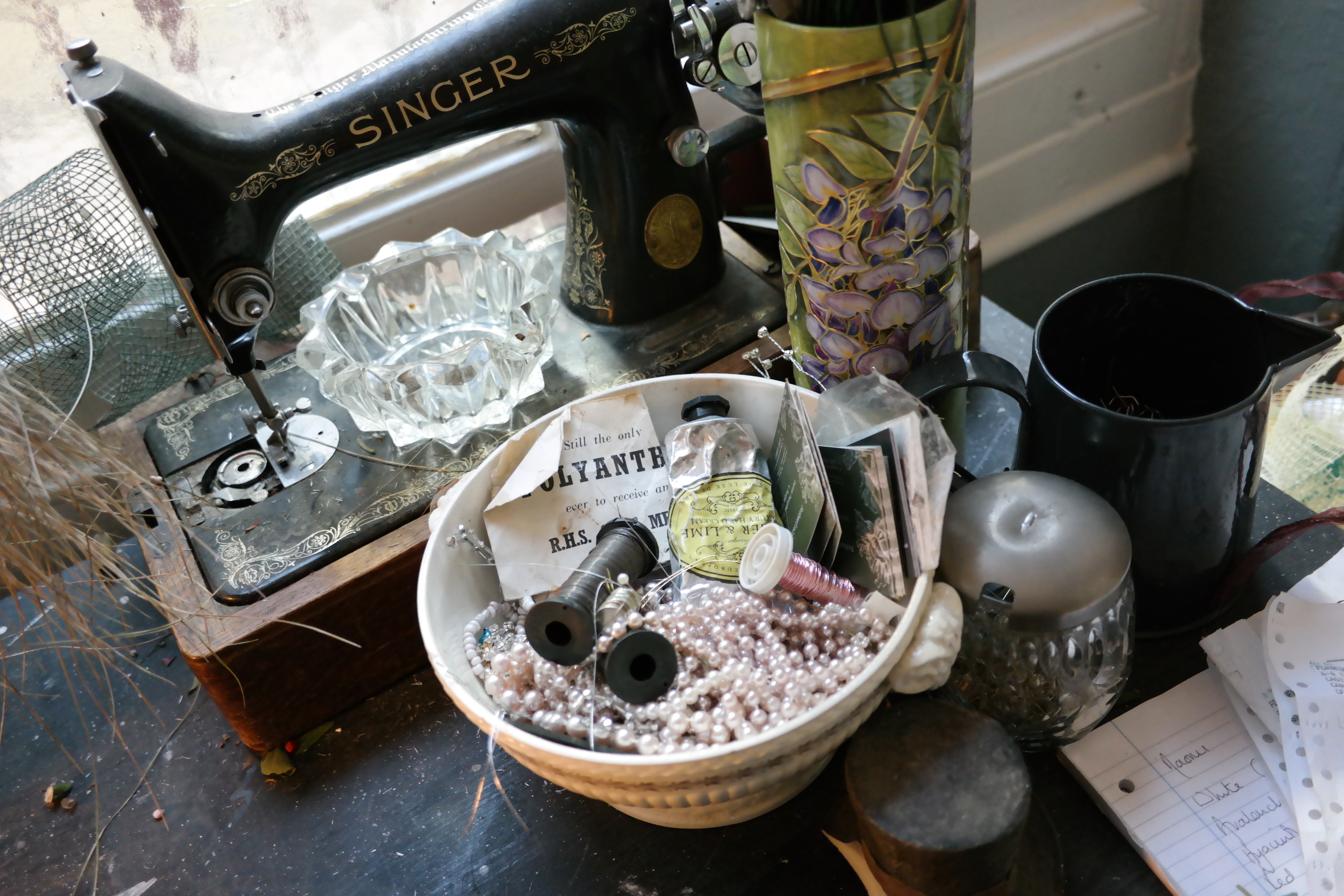
Click here to see full-resolution image.
Colours straight from the NX30 are pleasingly vibrant.

Click here to see full-resolution image.
At high sensitivities, the NX30 does a good job of maintaining lots of detail, while keeping noise levels to a minimum. If you zoom into 100% there is some evidence of image smoothing, but it's certainly not something that should bother the average printing or web size image.

Click here to see full-resolution image.
Automatic white balance does a great job of producing accurate colours, even in mixed lighting conditions.

Click here to see full-resolution image.
Whites are vibrant and crisp, straight from the camera.

Click here to see full-resolution image.
There are a number of prime lenses available for the NX system. This was taken with the 20mm f/2.8 lens, which is small and makes for a great walkaround lens, offering an equivalent of 30mm in 35mm terms.

Click here to see full-resolution image.
On occasions, the NX30 has the tendency to underexpose, so you'll need to dial in some extra compensation to get a well balanced exposure.

Click here to see full-resolution image.
The NX30's 20 million pixel sensor is great at resolving plenty of detail.

Click here to see full-resolution image.
Shooting from awkward angles is no problem with the NX30, as both the screen articulates and the EVF tilts to help you get the shot you want.

Click here to see full-resolution image.
There is a 60mm f/2.8 macro lens available for the NX range, which is useful for capturing lots of detail.

Click here to see full-resolution image.
Another example of how well colours are represented by the NX30.
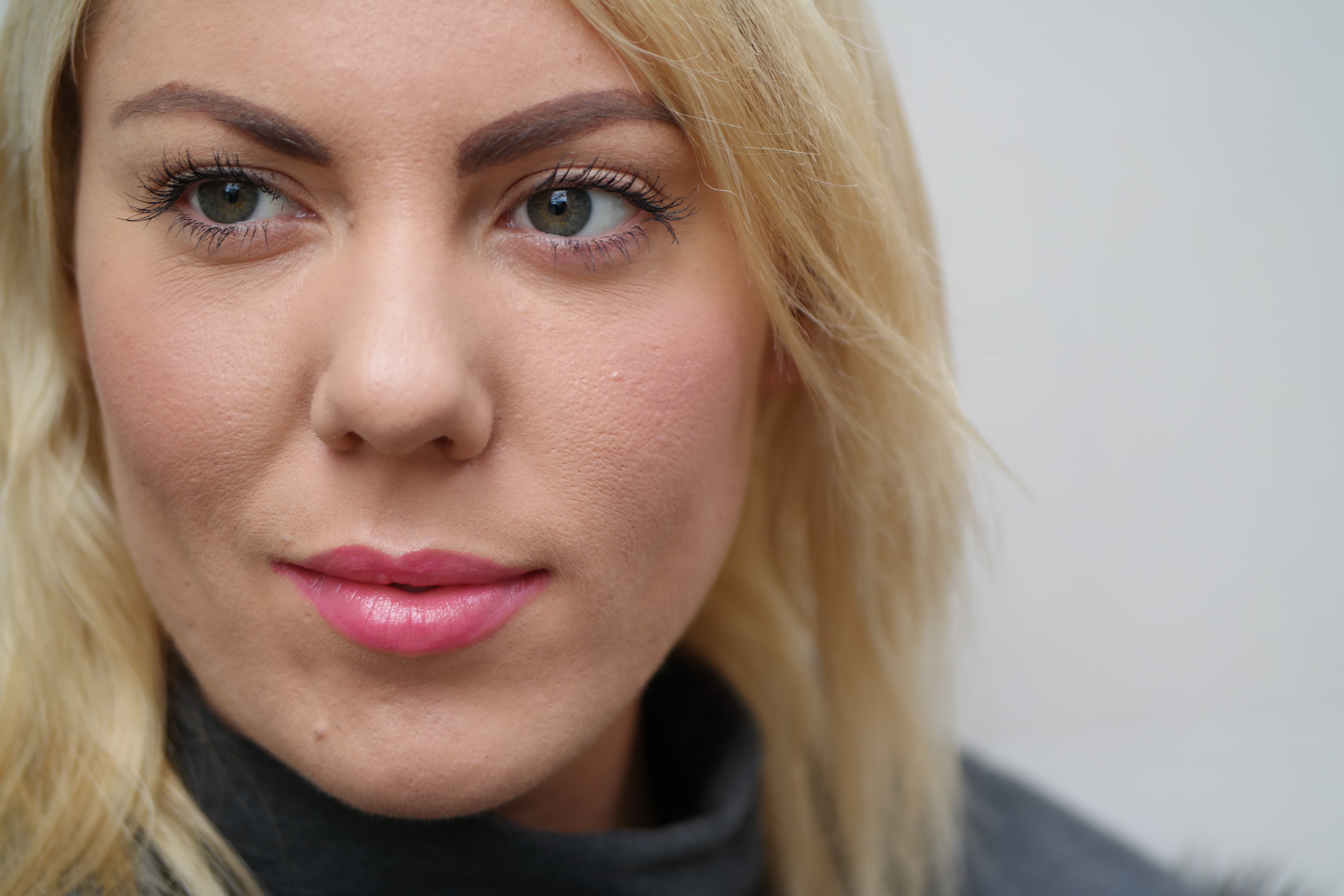
Click here to see full-resolution image.
The NX30 is well suited to a wide variety of different shooting subjects, including portraits. This was shot with the 60mm f/2.8 macro, which offers a nice focal length (92mm equivalent) for classic portrait work.
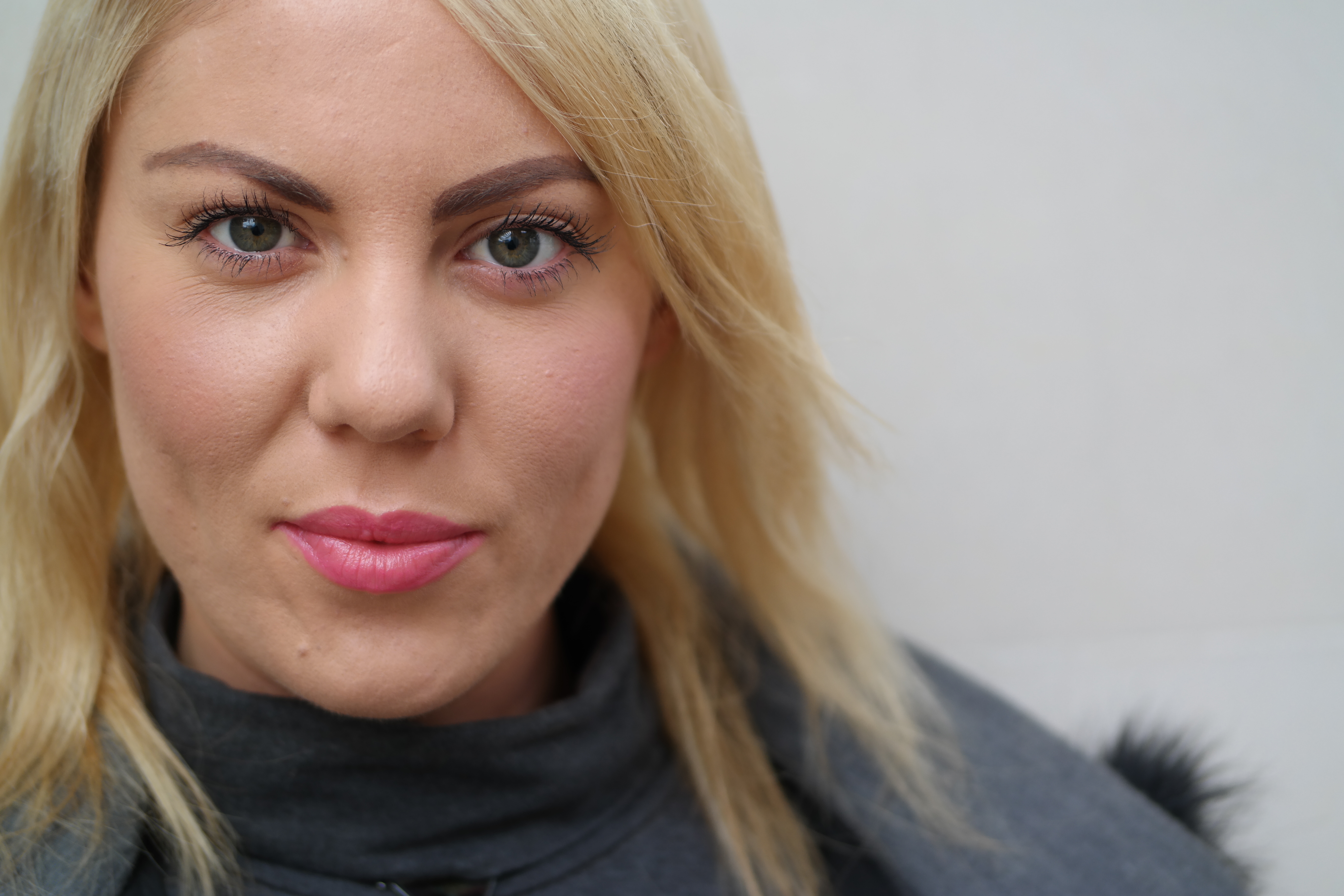
Click here to see full-resolution image.
The camera's ability to quickly focus on the subject makes it ideally suited to lots of different scenarios.

Click here to see full-resolution image.
Another example where positive exposure compensation needed to be dialled in to get the best from this shot.
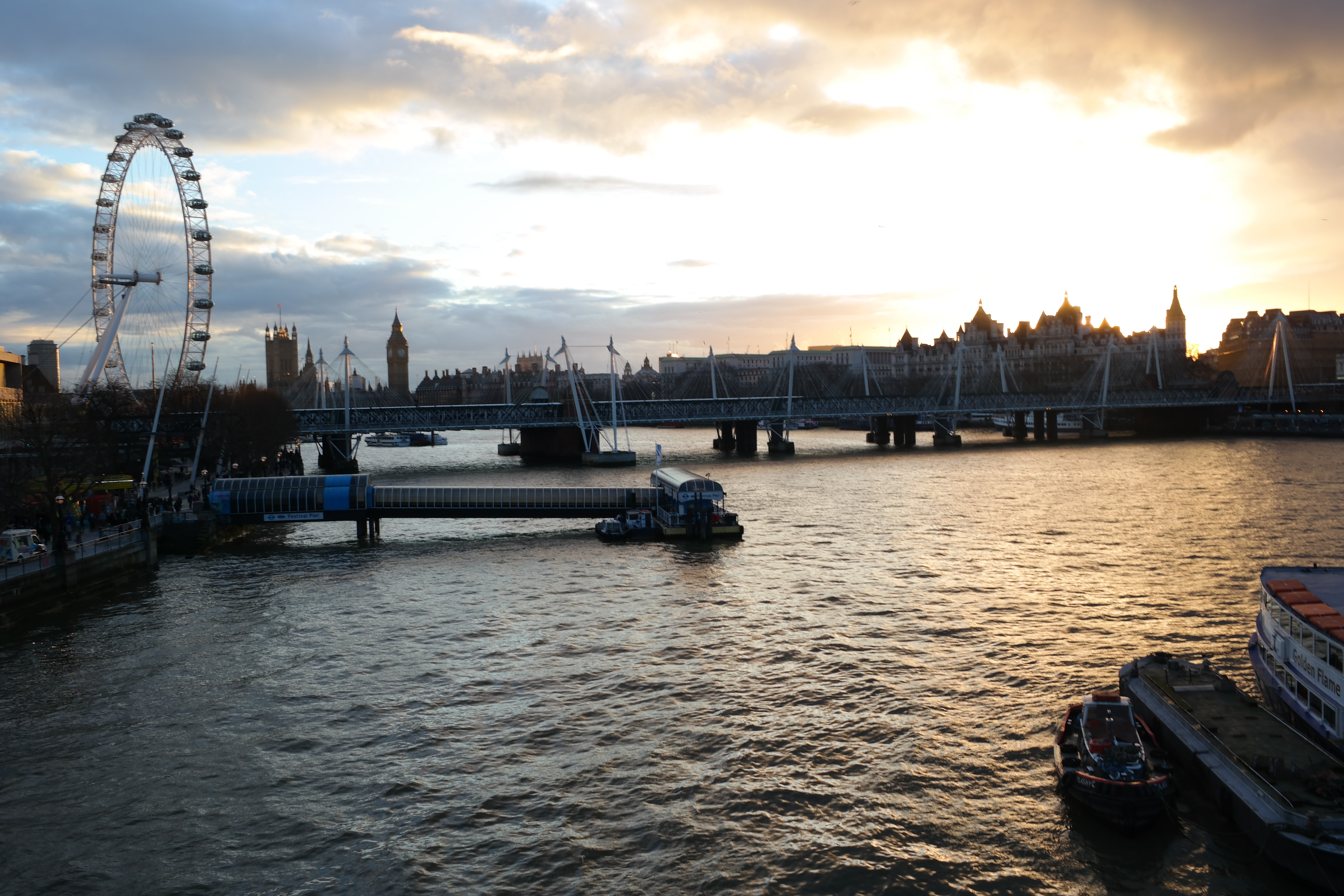
Click here to see full-resolution image.
Colours directly from the camera are vivid, while the camera's metering system hasn't coped too badly with the very bright light in the corner of this scene.
Current page: Sample images
Prev Page Noise and dynamic range Next Page Sensitivity and noise imagesAmy has been writing about cameras, photography and associated tech since 2009. Amy was once part of the photography testing team for Future Publishing working across TechRadar, Digital Camera, PhotoPlus, N Photo and Photography Week. For her photography, she has won awards and has been exhibited. She often partakes in unusual projects - including one intense year where she used a different camera every single day. Amy is currently the Features Editor at Amateur Photographer magazine, and in her increasingly little spare time works across a number of high-profile publications including Wired, Stuff, Digital Camera World, Expert Reviews, and just a little off-tangent, PetsRadar.
